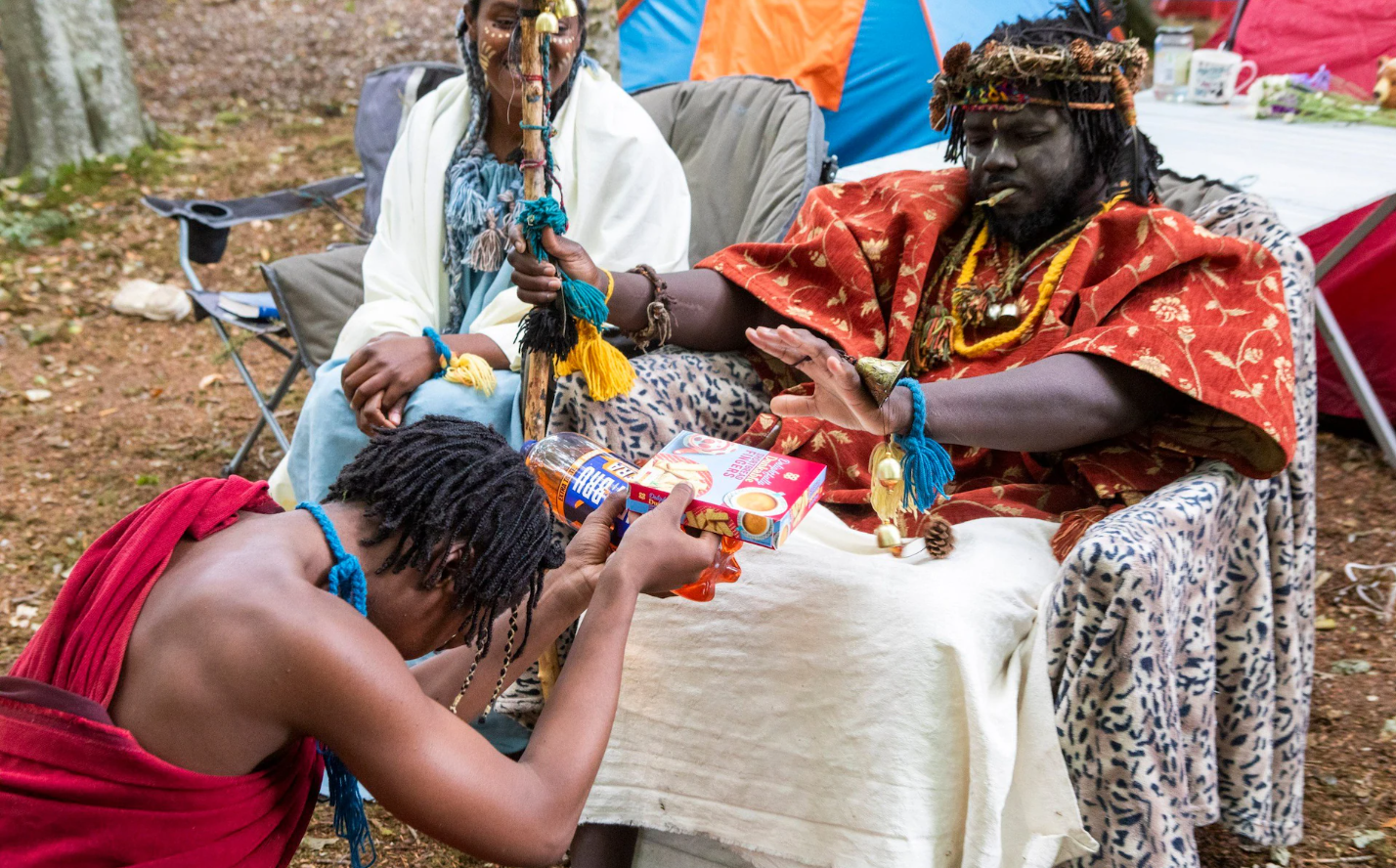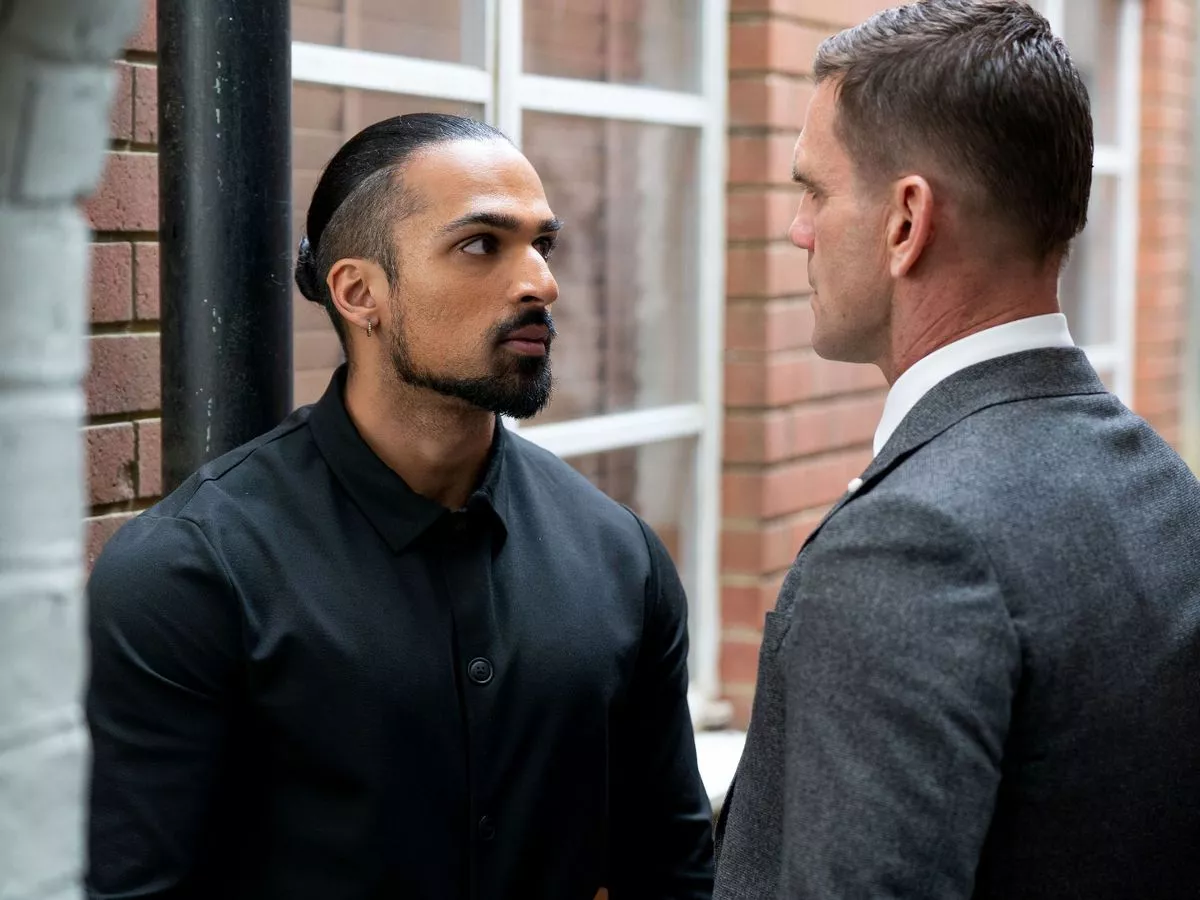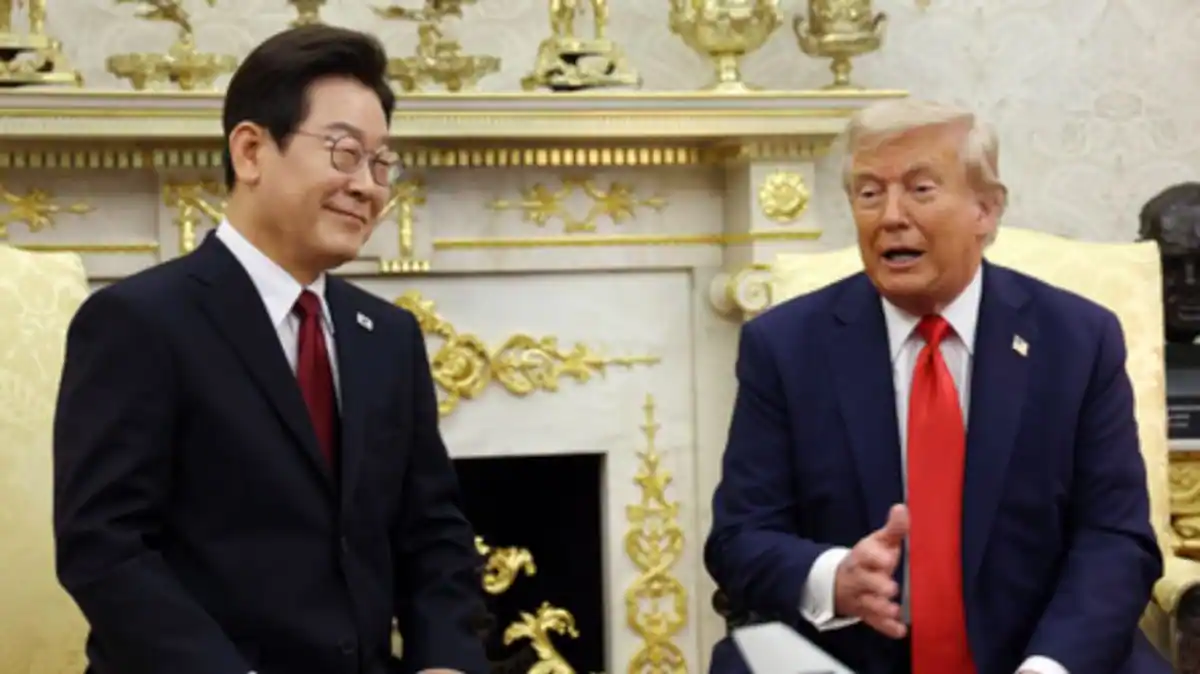By ANTHONY KILA
Copyright independent

On the morning of 11 September 2001, the entire world was rivet-ed in shock and disbelief as two commercial airliners violently col-lided with the Twin Towers in New York City. This tragic event was soon followed by another attack on the Pentagon, and a thwarted attempt that culminated in a crash in a field in Pennsylvania. At the time, the line between reality and fiction seemed to blur, as the unimaginable unfolded before our eyes. Even after twenty-four years, the memories of that day remain vividly in-grained in our collective consciousness— not solely as an American tragedy but as a pivotal moment that reshaped global histo-ry. The world before 9/11 and the world that emerged afterwards are profoundly differ-ent, particularly in the realms of society, politics, and international relations.
In the aftermath of the events of 9/11, the world entered a new era characterised by heightened anxiety and evolving iden-tities. Societies globally underwent signif-icant transformations as they grappled with the profound changes brought about by these incidents. The terrorist attacks of September 2001 intensified the prominence of fear in public life—fear of further acts of terrorism, fear of strangers and unfamil-iar groups, and anxiety over personal and national security in once-familiar environ-ments. Airports transformed into sites of suspicion and heightened security, while the daily commute became tinged with a sense of apprehension and unease, reshap-ing the very fabric of everyday life.
The most significant and far-reaching change during this period was perhaps the way in which identities were subject-ed to increased scrutiny and suspicion. Muslims, Arabs, and individuals who ap-peared to resemble them often faced un-fair and unjustified stigmatization, with entire communities living under a cloud of suspicion and mistrust. This situation revealed the underlying fragility of multi-culturalism within Western societies and prompted a reassessment of how these so-cieties balance the principles of openness and inclusivity with the need for security and safety. Despite these challenges, a spir-it of solidarity and compassion emerged as well: vigils, memorial services, and hu-manitarian initiatives took place across continents, demonstrating that empathy, unity, and resilience could flourish even amidst tragedy and adversity.
Enter the new world order. Following the tragic events of 11 September 2001, the geopolitical landscape was irrevoca-bly transformed, ushering in what was widely called the ‘New World Order.’ In the realm of international politics, this peri-od marked the start of the so-called ‘War on Terror,” a phrase that quickly gained prominence as both a rallying cry and a justification for numerous military inter-ventions. These actions, many of which continue to have far-reaching effects today, included prolonged military campaigns in Afghanistan and Iraq. These conflicts demonstrated both the formidable capa-bilities and the inherent limitations of United States power. Attempts to export democracy through force proved to be ex-traordinarily costly, destabilising entire regions and creating power vacuums that were later exploited by extremist groups such as ISIS, leading to ongoing instability and violence.
Following the events of September 11th, there was a notable transformation in in-ternational law and diplomatic relations. The emphasis on security measures often took precedence over civil liberties, lead-ing to a significant increase in surveillance activities. Practices such as extraordinary rendition and indefinite detention became increasingly customary under the guise of safeguarding national security. On the global stage, alliances faced considerable strain: for example, NATO invoked Article 5 for the first time in its history, signalling a collective defence response. Meanwhile, other major powers adjusted their strate-gies to navigate a new world order where the United States appeared both indispensable and overextended, prompting a reevalua-tion of their own diplomatic and military commitments.
The attacks also changed the discussion in global politics. Religion, especially Islam, became central to debates on governance, extremism, and human rights. The “clash of civilizations” theory gained popularity, shaping political language and policy de-cisions. Over twenty years on, the effects are still evident: the rise of right-wing pop-ulism, anti-immigrant policies, and secu-ritised borders are largely a result of the post-9/11 era.
Economics and business were also trans-formed. Economically, 9/11 showed how a single day can unsettle global markets. In the immediate aftermath, Wall Street closed, oil prices surged, and airlines struggled to stay afloat. But beyond the short-term shock, the longer-term costs of increased security and prolonged conflicts have been enormous. Trillions of dollars were spent on military campaigns, intelligence operations, and re-construction efforts that produced limited results.
This redirection of resources towards security reshaped economies. Civil avia-tion, tourism, and even international trade faced new compliance demands. Entire in-dustries—from private security firms to surveillance technologies—emerged and prospered, reflecting a world where safety itself became a commodity.
It must be noted, however, that the events of 9/11 not only marked a tragic moment in history but also served as a catalyst that hastened several significant trends shaping the contemporary global economy. These include the rapid digitisation of commu-nication channels, an increase in remote monitoring capabilities, and the harness-ing of big data to predict and manage risks more effectively. Ironically, the very techno-logical advancements introduced with the intention of safeguarding our safety have, in some cases, also facilitated the rise of sur-veillance capitalism. This has fundamental-ly altered the dynamics of relationships be-tween governments, private corporations, and individual citizens, creating a complex landscape that continues to evolve.
Two and a half decades on, one of the enduring lessons of 9/11 is that societies must resist the temptation to let fear dictate their future. The pursuit of security, though legitimate, must not erode liberty. The de-mand for justice, though necessary, must not justify perpetual conflict. The desire for growth, though urgent, must not obscure the ethical questions of how wealth is made and at whose expense.
As jurists, we must ask: how do we up-hold the rule of law when emergencies tempt exceptions? As economists, we must consider: what opportunity costs are hidden beneath the trillions spent on wars? And as public intellectuals, we must remind so-cieties that the fight against terrorism is not only waged with weapons but also with ideas, education, and the pursuit of justice.
9/11 will always be remembered as a day of destruction. But the true measure of its legacy is how humanity has respond-ed since—and how we continue to shape a world that aims not only to be safe but also to be just, free, and prosperous.
Join me, @anthonykila, if you can, to continue these conversations.
Anthony Kila is a Jean Monnet Professor of Strategy and Development at the Commonwealth Institute of Advanced and Professional Studies (CIAPS). He serves as the Pro-Chancellor and Chair of the Governing Council of the Michael and Cecilia Ibru University (MCIU).



